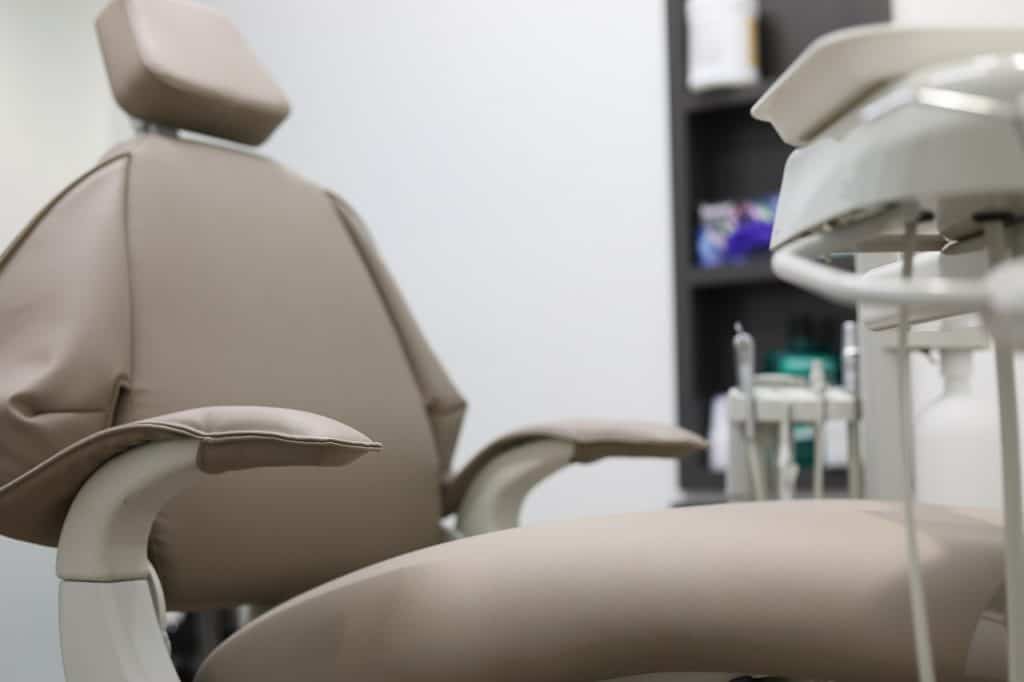Does Medicaid Cover Dental
As a healthcare program designed to help people with low income and limited resources, Medicaid offers several healthcare services including hospitalization, doctor visits, prescription drugs, and laboratory tests. However, Medicaid benefits for dental services have always been a grey area, leaving many people wondering whether they can expect to receive any dental coverage through this program.

So, Does Medicaid Cover Dental?
The answer is, it depends. While Medicaid is a state-run program, the federal government sets certain guidelines outlining which dental services can be offered through the program. Some states offer more comprehensive dental coverage than others.
The federal government stipulates that Medicaid must cover dental services for children under the age of 21. These services include dental checkups, cleanings, X-rays, fluoride treatments, dental fillings, crowns, and extractions.
Adult dental care coverage, however, is more limited. Medicaid covers emergency dental services for adults. However, the exact coverage offered can vary from one state to another, with some states offering annual cleanings and other routine preventative services.
Some states also have additional programs that offer more comprehensive dental coverage to those who qualify. For instance, the state of New York has a Medicaid Advantage Plus program that provides complete dental coverage to long-term disabled individuals.
Other Ways to Get Dental Coverage
If people do not qualify for Medicaid dental coverage or their state has limited coverage, there are still other ways to get dental coverage.
First and foremost, people should check with their employers to see if they offer dental insurance as part of their employee benefits package. If they currently do not have coverage, it is worth exploring a standalone dental insurance plan.
Another avenue to consider for getting affordable dental care is to check with local dental clinics or health clinics that offer reduced fees for patients. Dental schools frequently offer discounted services because students perform the work under the supervision of licensed dentists.
Lastly, people may try negotiating payment plans with their dental providers or request discounts for being a cash-paying customer or billing to a healthcare savings account.
In conclusion, while Medicaid covers limited dental services for adults, it is imperative that people explore additional options to obtain dental services if the state’s coverage is limited. We highly recommend contacting their dental provider for information on payment options or exploring standalone dental insurance options for complete coverage.


